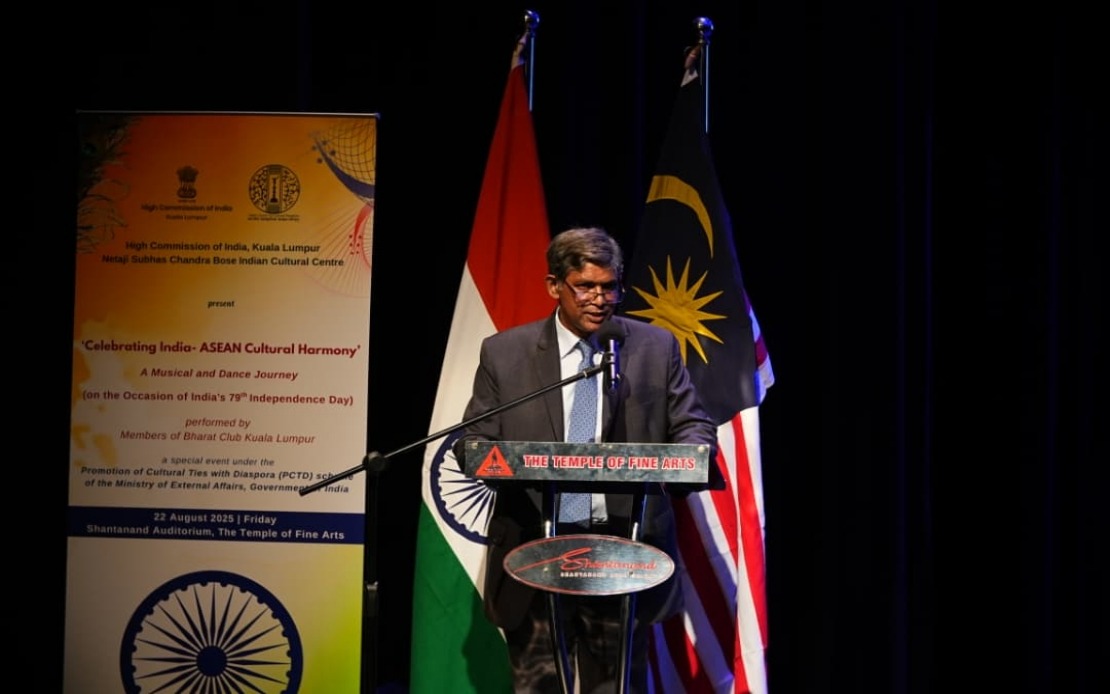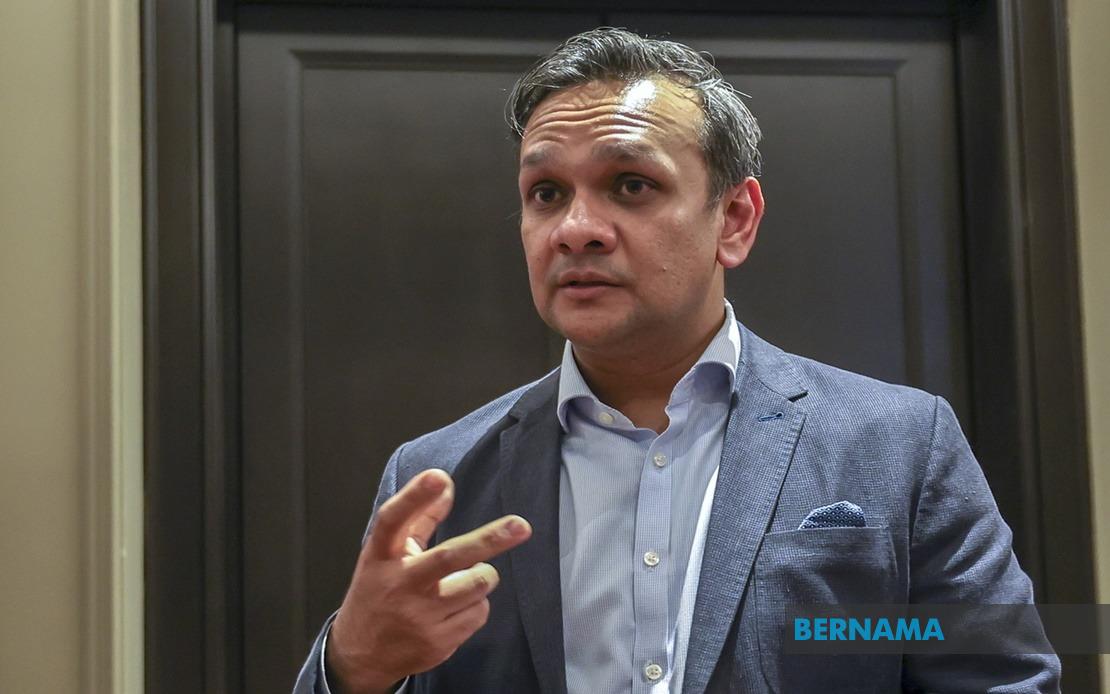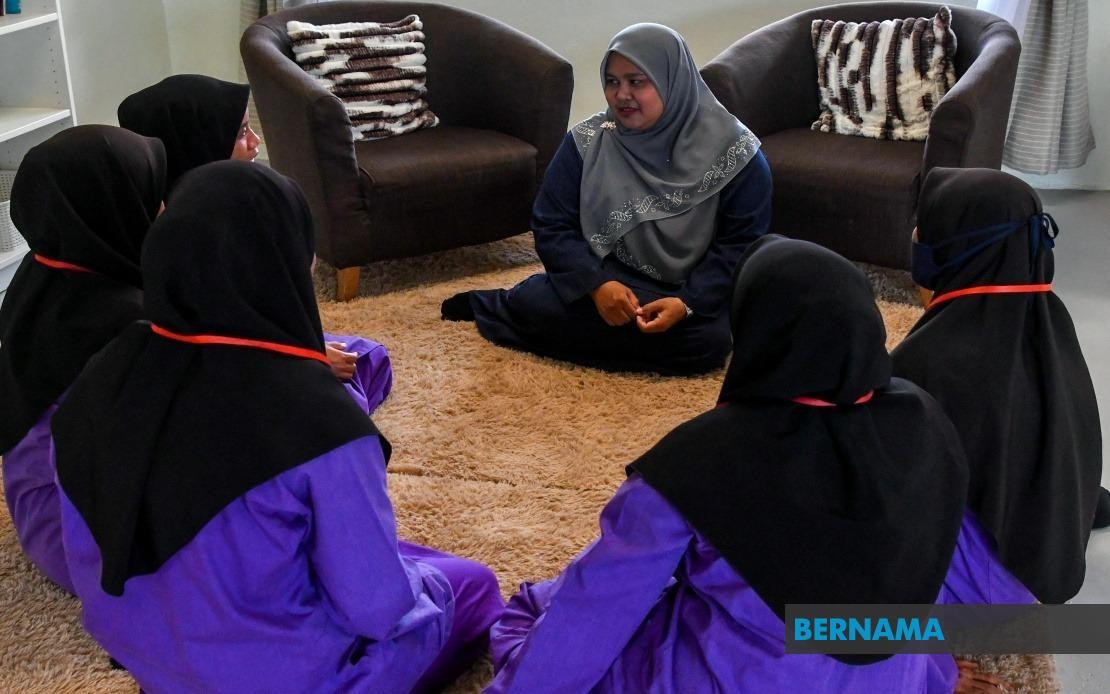FROM MALAYSIA TO SOUTHEAST ASIA, TENAGA NASIONAL TAKING LEAD IN ENERGISING A GREENER TOMORROW
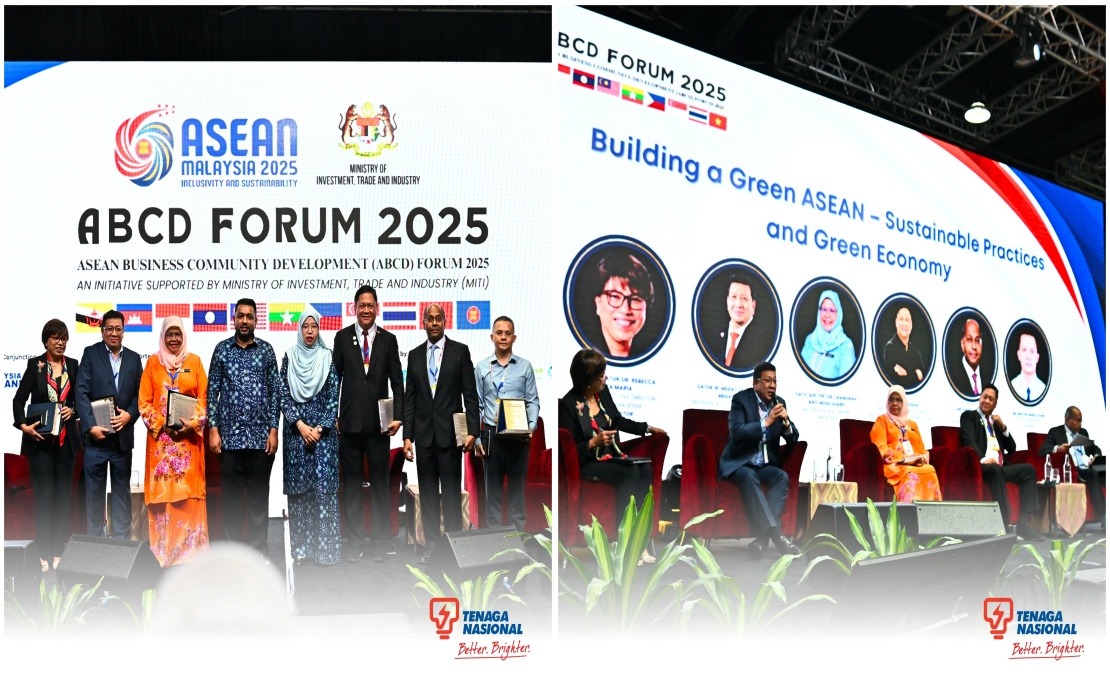
By M. Saraswathi
KUALA LUMPUR, Aug 24 (Bernama) – Tenaga Nasional Bhd (TNB) plays a pivotal role in realising the ASEAN Power Grid (APG) initiative.
Reputed for its stable and secure energy supply in Malaysia, it has expanded its role in driving the transition towards clean sustainable energy for the region.
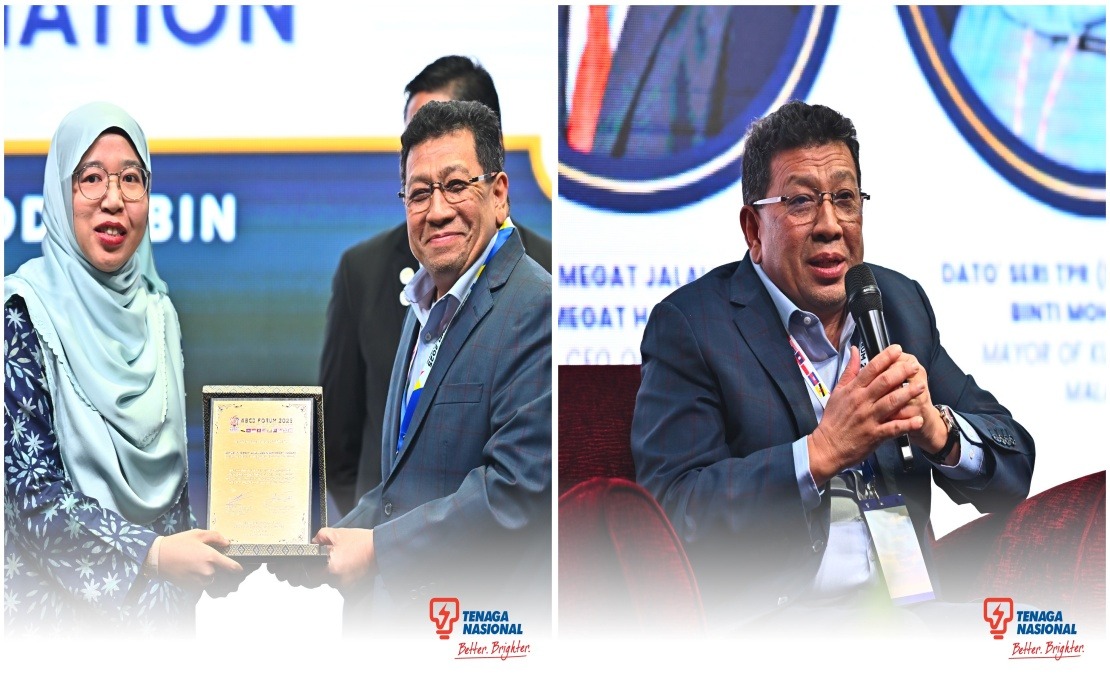
Undoubtedly a bold initiative, the APG aims to establish the country and the region as a key clean energy hub.
The vital pre-requisite to achieve a sustainable energy future for ASEAN is a collaborative effort by member states.
This sets the stage in making available both clean and renewable energy to fuel the economy and safeguard the continued livelihoods of the people in Southeast Asia.
With its 700 million population growing fast, regional cooperation is imperative to bolster trade, investment and continued growth.
Real progress in clean energy depends on regional collaboration.
TNB has been actively contributing to the APG, as evidenced by cross-border connectivity projects such as Vietnam–Malaysia–Singapore, Malaysia–Indonesia, and Malaysia–Sarawak.
The transmission of renewable energy to Singapore from Laos via Thailand and Malaysia three years ago marked a milestone in cross-border electricity trade in ASEAN.
TNB president and chief executive officer (CEO) Datuk Ir. Megat Jalaluddin Megat Hassan captured it well at the ASEAN Business Community Development (ABCD) Forum 2025 when he stressed that the power sector is not just an enabler, but a true catalyst for green and sustainable growth.
These partnerships are essential for unlocking renewable potential across the region. It turns isolated national plans into shared prosperity and long-term energy security.
TNB is proud to help drive ASEAN’s collective shift toward a greener, more connected and resilient energy future.
At the heart of ASEAN’s green transition lies bold leadership.
Certainly, Malaysia, more so as chair of ASEAN for 2025 and TNB, its power company, is stepping up towards advancing these objectives.
TNB’s role in advancing the APG is vital in establishing Malaysia and the region as a key clean energy hub.
University of Nottingham Malaysia assistant professor of business economics Dr Tan Chee Meng opined that going green might imply greater investment from the west and even China.
They are making huge progress in the development and adoption in green tech.
Against such a backdrop, the progress of the APG takes on an added significance.
TNB is leading the way in working with regional power companies to chart a collaborative path for a sustainable energy future.
This obviously includes formulating a financial framework to ensure the success of what is surely a mammoth project.
ASEAN must have the political will to jointly fund the APG.
TNB’s CEO pointed out that no country can go it alone in the multi-country APG project.
Developing the regional infrastructure for the APG is a major undertaking.
The people of ASEAN must realise the project is key to achieve regional interconnection for energy security, accessibility, affordability and sustainability.
It is a regional power interconnection initiative that will connect the electricity infrastructure of ASEAN members.
More than that, it is the grouping’s commitment to environmental sustainability and protecting the planet.
Tan said it is imperative energy trading between ASEAN members becomes more accessible and lowers energy costs, further fuelling economic integration.
An important aspect of such initiatives is that economic prosperity must go hand in hand with the drive towards a sustainable future.
Megat Jalaluddin has cautioned that it is important to manage the transition towards growth and sustainability carefully.
Only then can we hope to maintain energy security while encouraging a green lifestyle among consumers through solutions such as electric vehicle (EV) adoption.
Tan said the government needs to ensure that sufficient charging stations are present to ease the needs of EV owners.
This is where TNB’s role becomes increasingly important in ensuring enough fast-charging stations are available across the nation.
Both Malaysia’s and TNB’s efforts in switching from fossil fuel to cleaner energy sources is commendable.
Expanding this endeavour regionally is a natural progression in drawing out a new sustainable energy roadmap.
Positive feedback and a series of meetings chaired by Malaysia to strengthen energy cooperation has been encouraging.
The APG is undoubtedly a regional initiative that demands an unprecedented cooperative spirit.
Only by coming together can Southeast Asia proudly implement a fully integrated, unified and sustainable regional grid possibly by 2045.
-- BERNAMA


